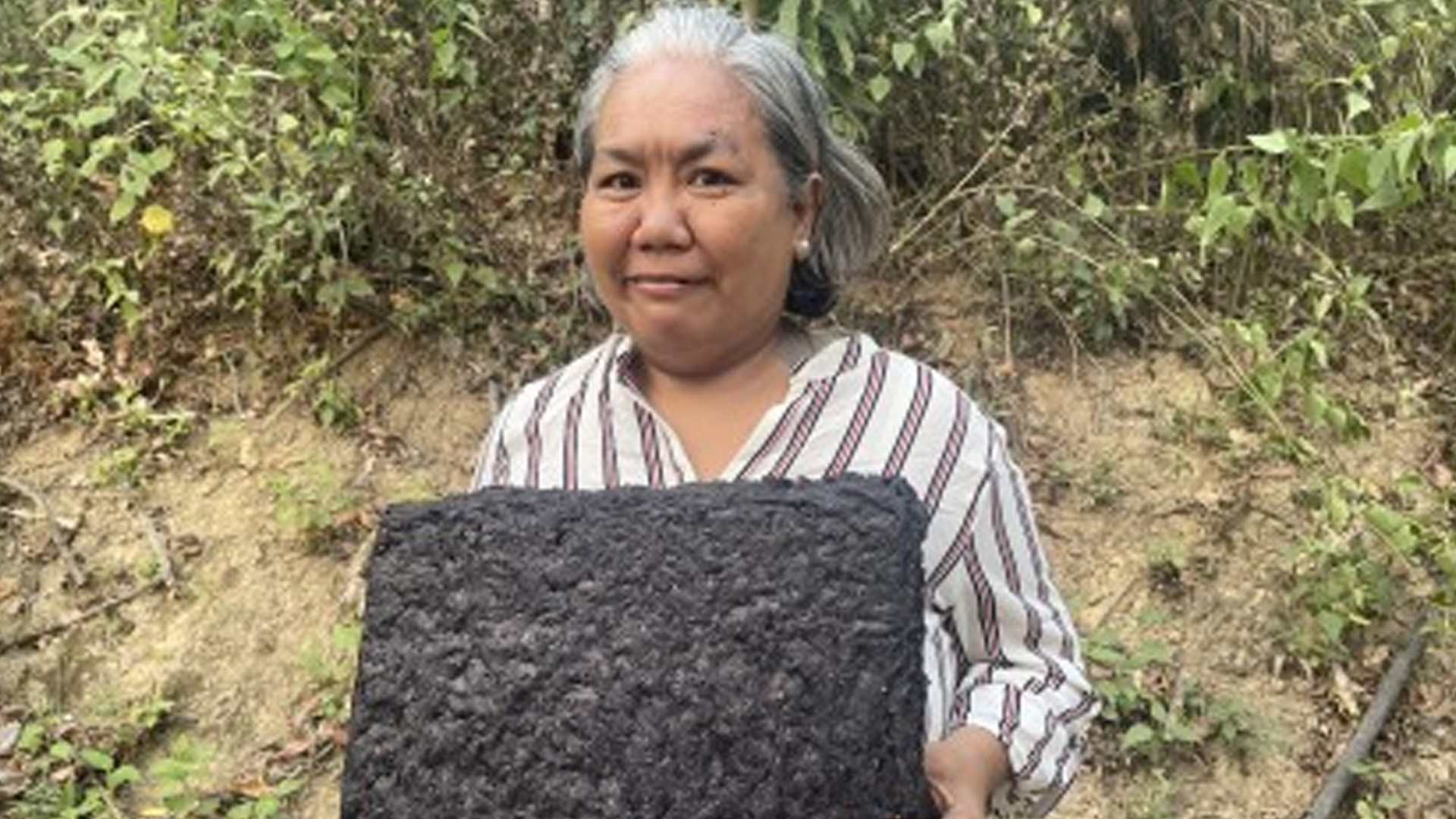In the coastal village of Ablan in Burgos, Ilocos Norte, a seasonal seaweed called “gamet” is making gastronomic experience in the province more exciting.
Remedios Baniaga, who runs a refreshment stall in Burgos public plaza, said one of her bestsellers is the so-called gamet empanada.
Priced at PHP150 each, the gamet empanada has been a favorite among tourists who have started flocking to Ilocos Norte after the lockdowns caused by the Covid-19 pandemic.
“We are grateful to the Department of Tourism for inviting more tourists and helping us promote our native cuisine, including our gamet empanada,” Baniaga told the Philippine News Agency in a recent interview.
On a good day, Baniaga said they could earn an average sale of PHP5,000 for selling gamet empanada.
Gamet supplier Aidalyn Managad, 49, said she was able to send her children to school for gathering gamet, which, due to its dark color, is comparable to the Japanese nori and is called the “black gold” in Ilocos Norte.
“Gathering gamet is no easy task as we risk our lives to collect them little by little,” Managad said.
She said gamet commands a high price in the market because of its versatility as food ingredient. When dried, a square-foot-sized gamet costs an average of PHP1,500.
From November to April, seaweed pickers brave the cold breeze and strong waves to collect gamet that grows on sharp and slippery coral stones in the coastline of Burgos town. It is often used by Ilocanos in salad, soups and omelet dishes.
Gamet is said to be rich in iodine, calcium, iron, phosphorous, potassium, zinc and essential vitamins. Because of this and also its light weight, many “balikbayans” or vacationing overseas Filipinos and tourists buy it as presents or “pasalubong” to their friends and relatives abroad.
For the town of Burgos, the flourishing gamet industry has become an important part of the rich culture and tradition of the coastal community, as it continues to uplift their living conditions and the local economy.
Though gamet gathering is considered risky, seaweed gatherers said it is all worth it as it helped them produce more professionals in the village. (PNA)








